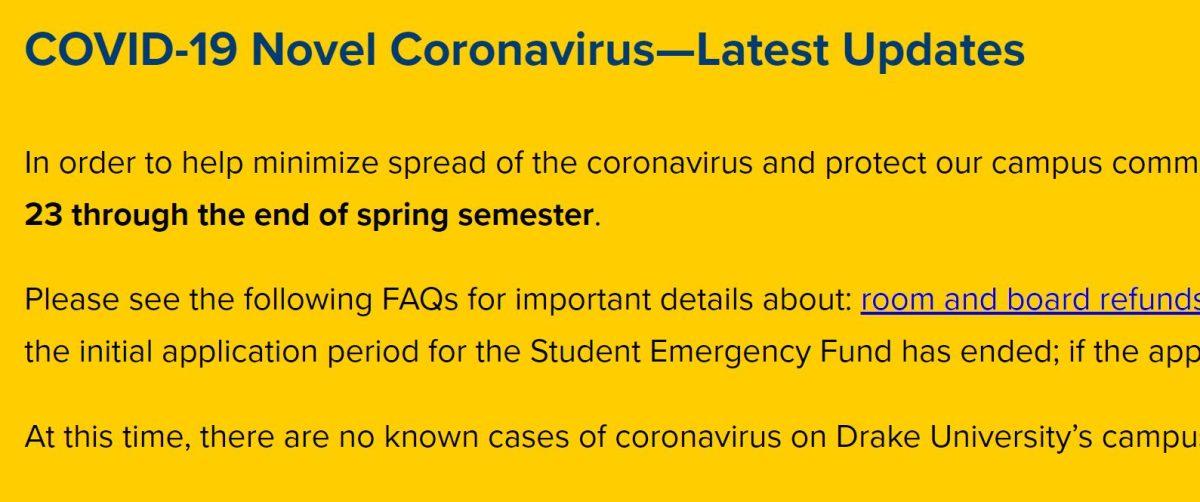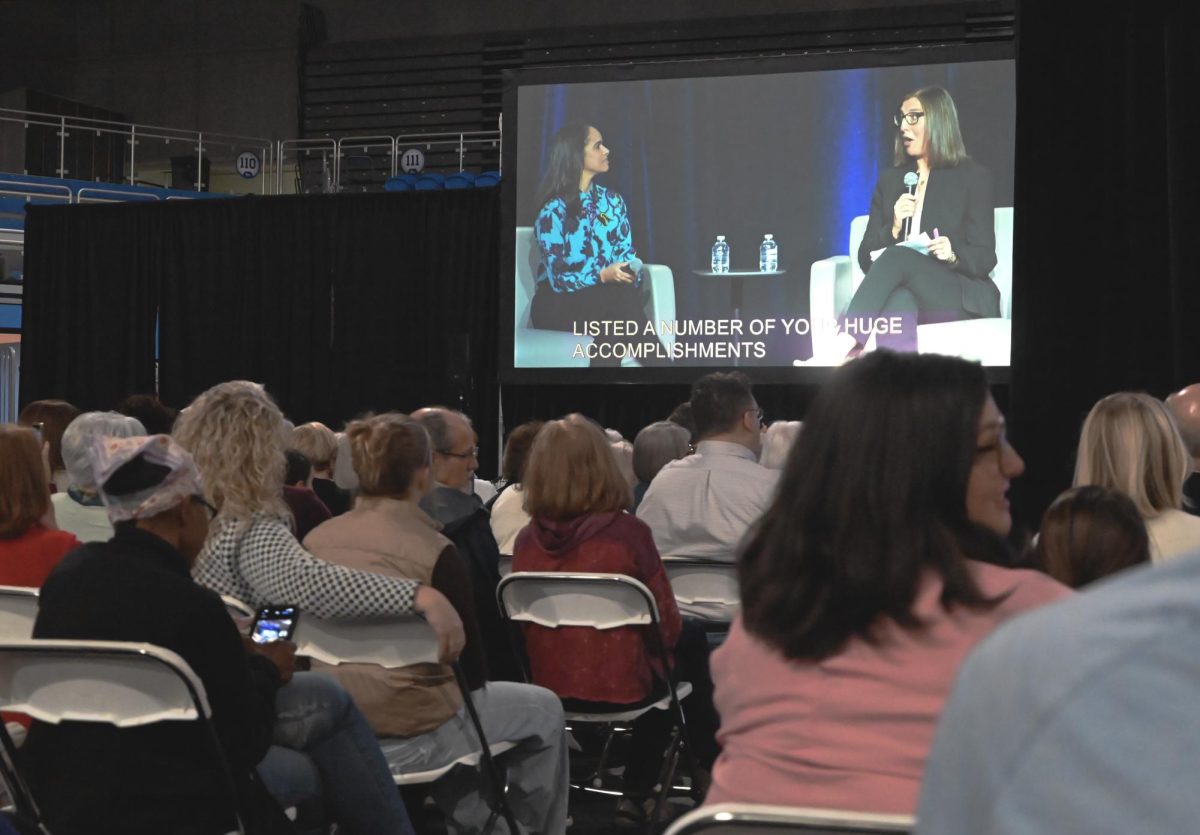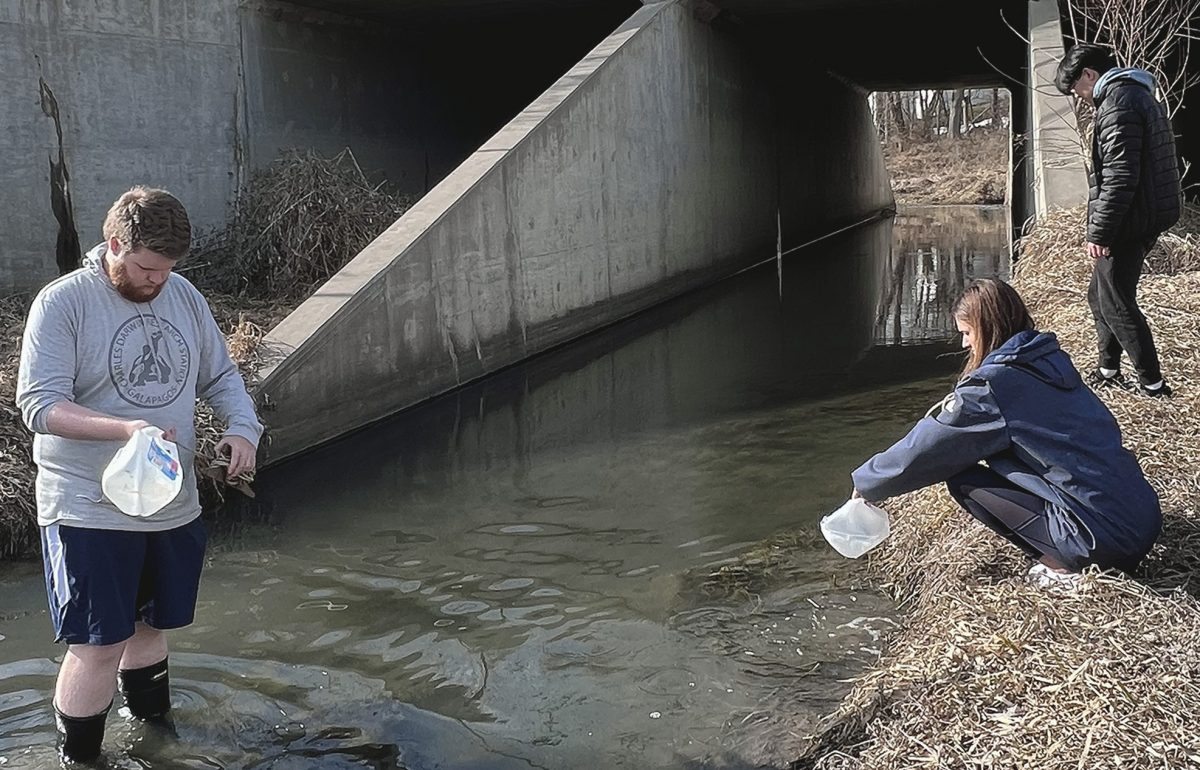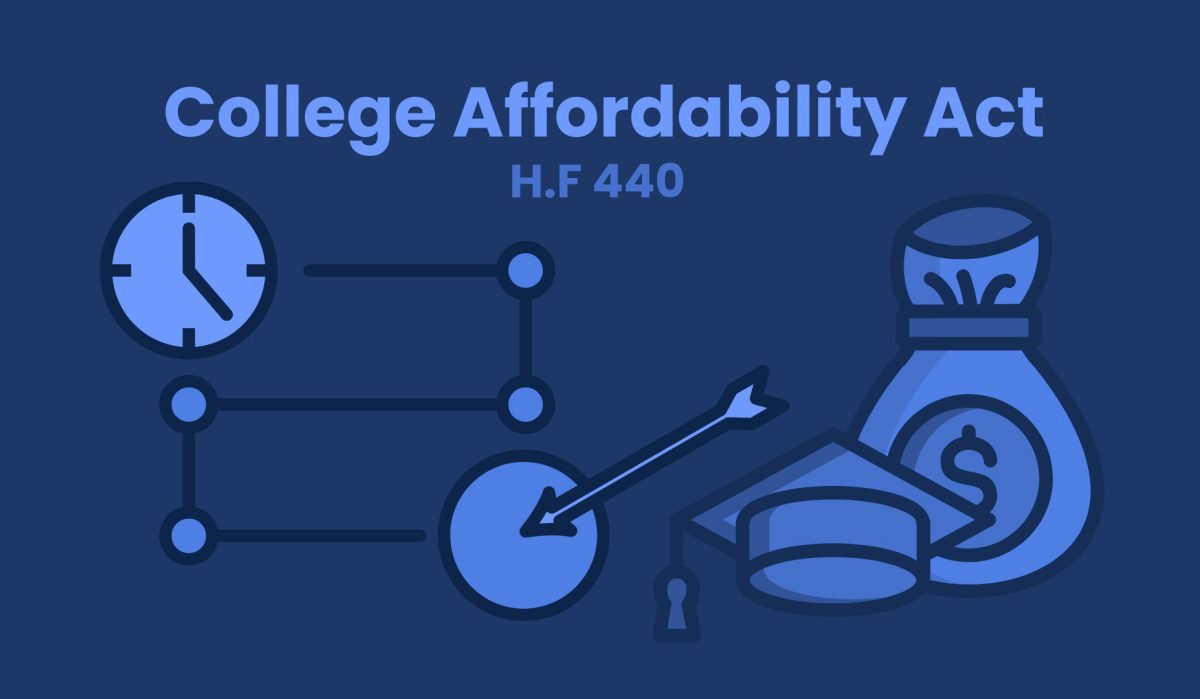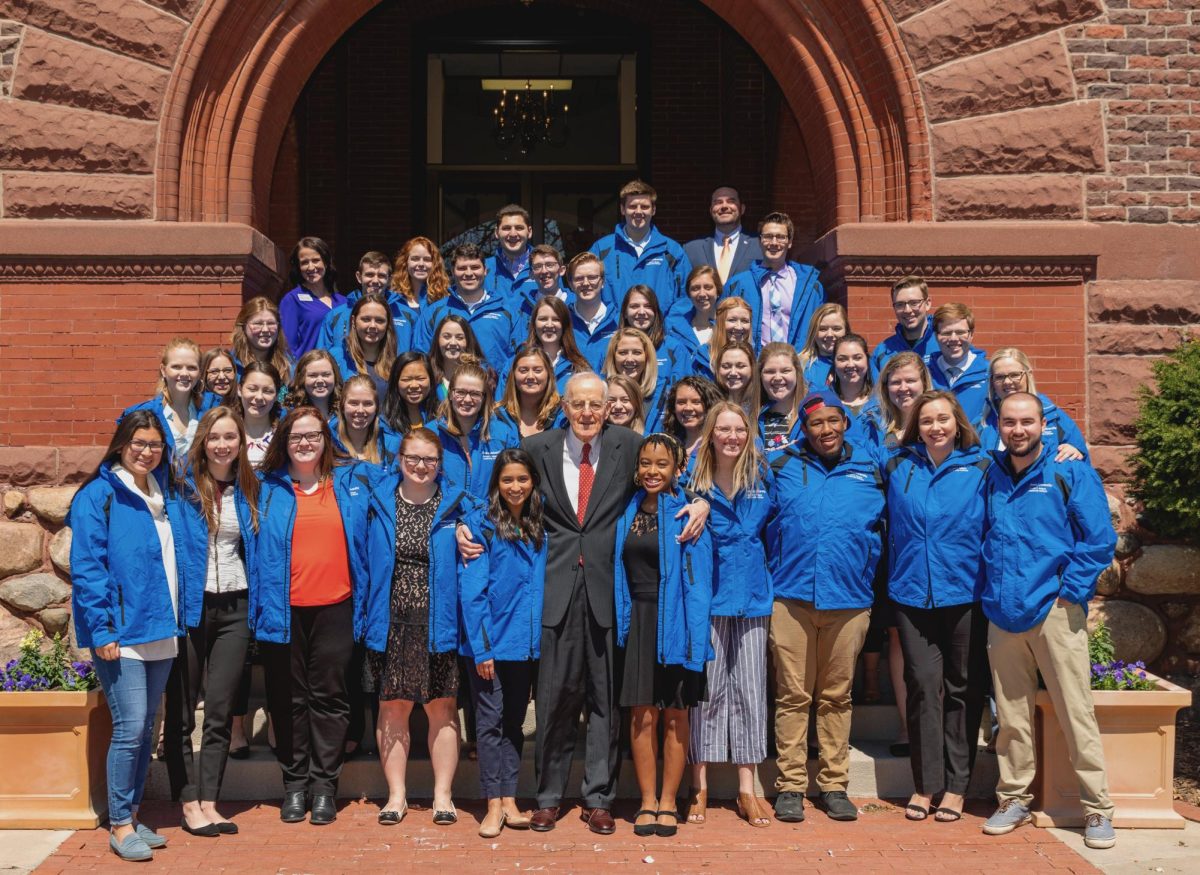by TRISH RICHARDS
On March 25 President Marty Martin confirmed via email that Drake would be finishing the rest of the semester online due to the unprecedented spread of COVID-19, presenting students and faculty with the challenge of adapting classroom curriculum for remote delivery.
“While we all appreciate the necessity for this, it is nevertheless a sad and unwelcome reality. The second half of the spring semester is a particularly special time at Drake and it is painful to lose this. However, this action is in the best interest of your health and safety, and in the best interest of our broader community,” Martin wrote in this email to campus.
The hasty switch to online learning has had mixed results. Across campus, remote instruction takes on many different forms. Some classes are well-suited for online delivery already – others were facing more of a challenge. The situation required some professors to get creative.
During the final days before spring break, Professor Klaus Bartschat, an instructor in the Physics department, conferred with his class on how they would prefer to approach the transition to online delivery.
“My students requested I do a live lecture rather than record them,” Bartschat said. “This allows me to give them immediate feedback, the same as they would receive it if we were all together in the classroom.”
Home to numerous ensembles, both vocal and instrumental, the music department struggles to adapt to circumstances that leave them unable to meet and rehearse in-person as usual.
“We are working on alternatives that will be of use to students, in terms of keeping them engaged in ensemble music-making, without creating unnecessary busywork as a surrogate for ensemble experiences,” saxophone professor James Romain said.
The theatre department, like the music department, typically takes a very hands-on approach. Usually, that involves students working as a part of the production team of whatever shows are scheduled to be performed that semester.
“One of the best things about our programs is that students get to directly apply their knowledge from class to working on produced shows,” theatre department chair John Pomeroy said.“This allows them to see their work in performance, on stage, with a live audience.”
Because of the restrictions that have been placed on gathering in groups all of the remaining spring productions have been canceled, effectively ending student’s participation in theatre labs.
Associate Physics Professor Adina Kilpatrick mentioned, while her classes have not been terribly difficult to adapt, she is doing her best to remain conscientious of the difficulty students might face in adapting to the new circumstances.
“I am trying to be more aware of student’s challenges, because I think, as with a lot of instructors, we just try to continue as normal,” Kilpatrick said. “Right now things are not normal, so I am trying to remember that and remind myself of how this stressful situation might affect my students’ learning and adjust my expectations.”
Drake’s small class sizes are a big draw for many incoming students, who often enroll with the expectation of having an intimate learning environment. Some students say that the loss of this classroom connection is causing an increased academic struggle that puts their GPA at risk.
“As a student with serious ADHD, this is probably one of the worst ways to have classes,” Michelle Kofman, a junior digital media production major, said. “My organization strategy no longer works and I feel like I have to check every class on Blackboard every day.”
Ben Mowtiz, also a junior majoring in digital media production, said his biggest challenge has been his Japanese course.
“The amount of communication you can get out of face to face interaction is greater than what you can get through voice and video calling,” Mowitz said. “It can be a little daunting to study by yourself when you’re used to having groups of people to study with outside of your house, but overall I think our teachers are making the best of the situation.”
Foreseeing these concerns, Provost Sue Mattison and the registrar have taken steps to provide deadline accommodations for students who are struggling to adapt to online learning.
“In light of disruptions caused by the COVID-19 pandemic, Drake University will be allowing more flexibility to students who are worried about maintaining their GPAs during this extraordinarily taxing semester,” Mattison said.
The email went on to detail the changes, including a 16 day extension of the deadline for both withdrawal and credit/no credit options, moving the original deadline of March 25th to April 10th at 4:30 PM. An extension of the withdrawal date allows students additional time to drop a course entirely and receive a W on their transcript without consequence to their GPA. The credit/no credit extensions allows students additional time to register to receive credits for the course without the letter grade appearing on their transcript or affecting their GPA, provided they achieve a C- minimum.
For more information about how Drake is handling the COVID-19 pandemic, students can visit www.drake.edu/coronavirus.

